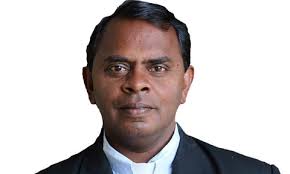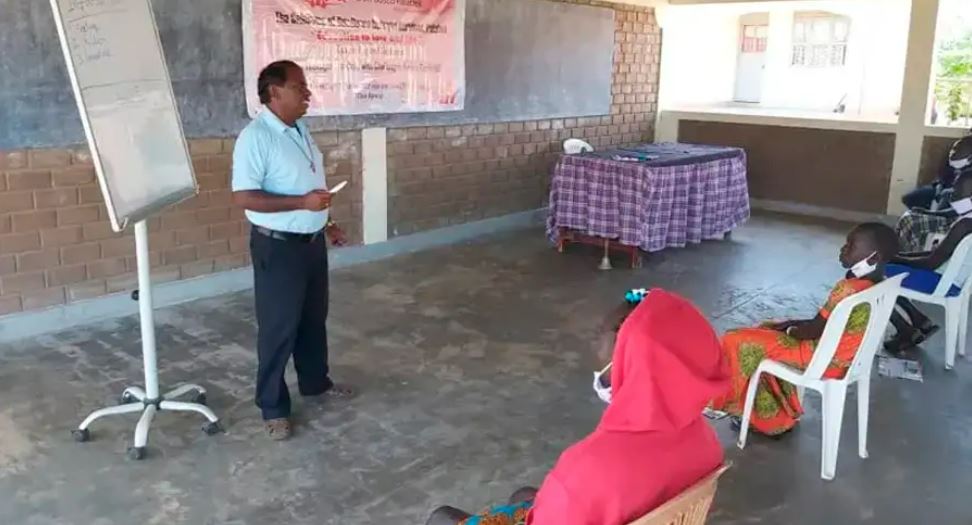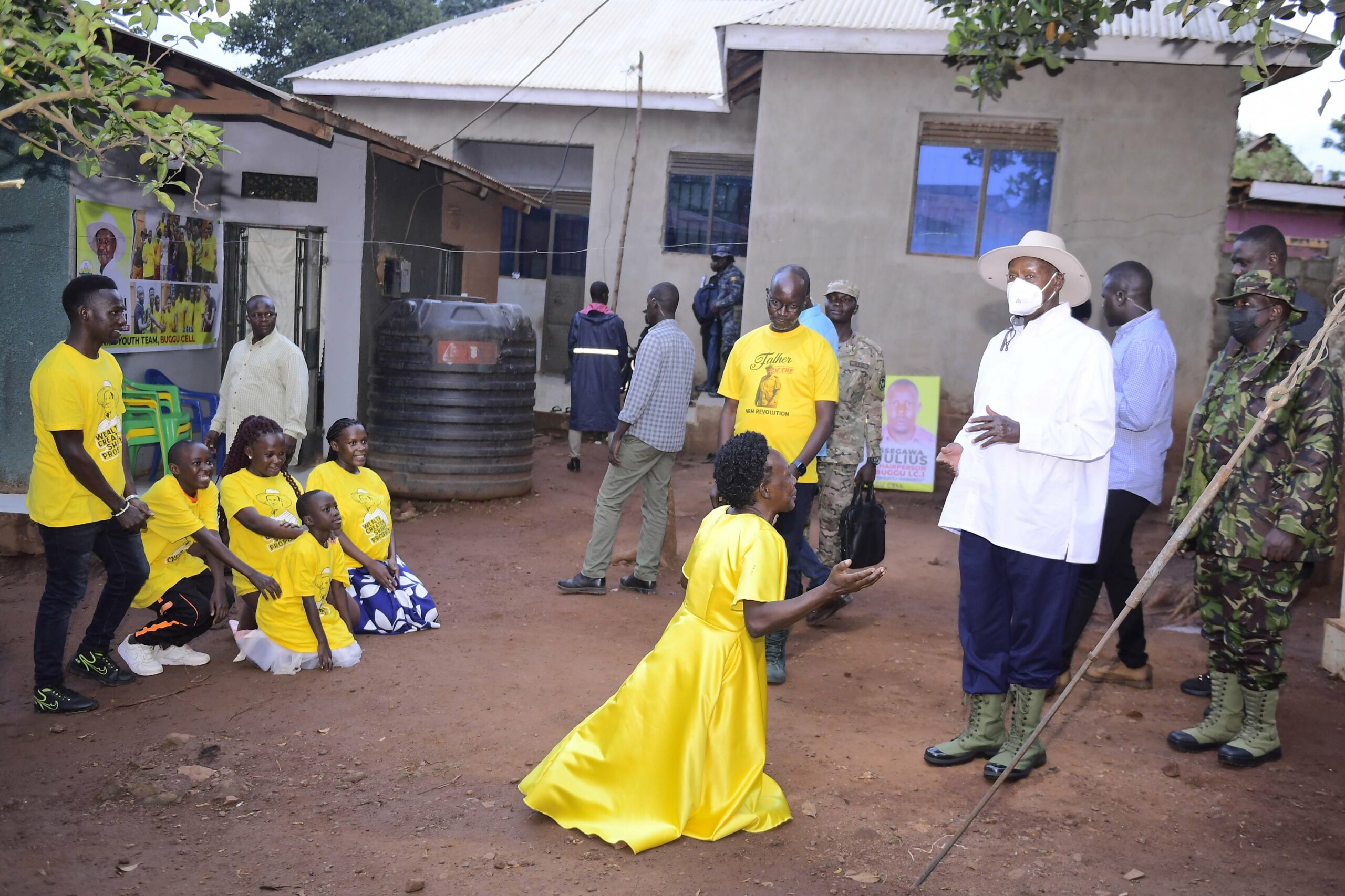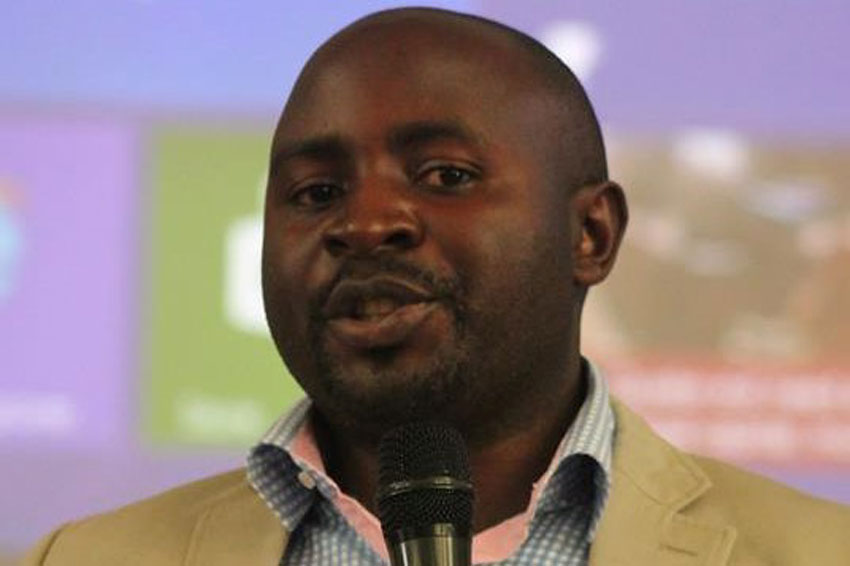“A wicked person secretly takes a bribe to subvert the course of justice” (Proverbs 17:23). This ancient scripture, written centuries before Christ, condemns moral corruption that distorts justice and righteousness. For centuries, corruption has plagued societies, thriving to the detriment of all, especially the weak and vulnerable.
Corruption takes deep root in impoverished nations, creating a vicious cycle: systemic corruption impoverishes already struggling societies. Ironically, some of the world’s poorest countries—South Sudan, Angola, the Democratic Republic of Congo, and Uganda, the Pearl of Africa—are endowed with natural wealth, including precious minerals, abundant water, favorable climates, and youthful populations. Yet, these Christian-majority nations, with significant Catholic populations, often fail to reflect the faith they profess. As Christ warns, “These people honor me with their lips, but their hearts are far from me” (Isaiah 29:13; Matthew 15:7-9). Lip-service faith—lacking genuine conviction—results in superficial worship and a disconnect between belief and action.
Corruption and bribery have infiltrated daily life, becoming the “new normal.” From overt bribes to subtle gestures like “appreciation” payments for expedited services, these unethical practices pervade personal and professional spheres.
As Christians, we must examine these behaviors through the lens of Scripture and respond in ways that uphold our spiritual integrity and moral standing.In Uganda, Christians honor their martyrs through pilgrimages, celebrations, and sermons, pledging to follow their example. Yet, too often, we return to the status quo of superficial faith. Christ’s words challenge us to align our hearts and actions, ensuring our faith is authentic.
Superficial faith breeds immature spirituality, lacking a deep relationship with God and community. It leads to inconsistent behavior, fractured relationships, and stunted personal growth. Such faith reduces worship to mere rituals, resulting in emptiness and disillusionment. As Psalm 85:10 prays, “Steadfast love and faithfulness meet; righteousness and peace kiss each other.”In the early Church, martyrs died for refusing to worship idols or adopt pagan practices.
Today’s idols—power, wealth, and status—are often pursued through corruption, bribery, nepotism, and exploitation. The world needs modern martyrs who, through their lives, reject these idols and worship the God of justice, righteousness, and peace.On June 15, 2025, Pope Leo will proclaim Floribert Bwana Chui Bin Kositi, a 26-year-old Congolese civil servant, a martyr. Chui, killed in 2007 for resisting corruption in Goma, DRC, refused to allow contaminated food imports, despite pressure from colleagues seeking illicit profits. Angered by his integrity and fearing exposure, they brutally murdered him, leaving his tortured body at his workplace.
A member of the St. Egidio community, known for peace initiatives, Chui lived a virtuous life, embodying his Christian faith in his work. His beatification, approved by Pope Francis, marks a step toward possible sainthood and offers hope in conflict-ravaged Goma. “Having died in difficult circumstances, he left us a fight we must continue as Christians, as people, as youth in North Kivu,” said Jean Jacques, a co-worker.
Fr. Francesco Tedeschi, who knew Chui, remarked, “How much spoiled food, how many expired medicines, how many discarded things are sent to these places because some view these lives as less worthy? Floribert Chui, in his Christianity, placed the value of the poorest at the center.”Poverty in Africa stems from complex, often human-made causes: political instability, conflict, health disparities, education gaps, climate change, and historical legacies. To combat corruption and foster justice, we need martyrdom-like acts of integrity. Let our faith and actions align, reflecting the true God of righteousness and peace.
Rev. Fr. Lazar Arasu SDB
Priest and School Administrator
Priest and School Administrator
Do you have a story in your community or an opinion to share with us: Email us at Submit an Article









